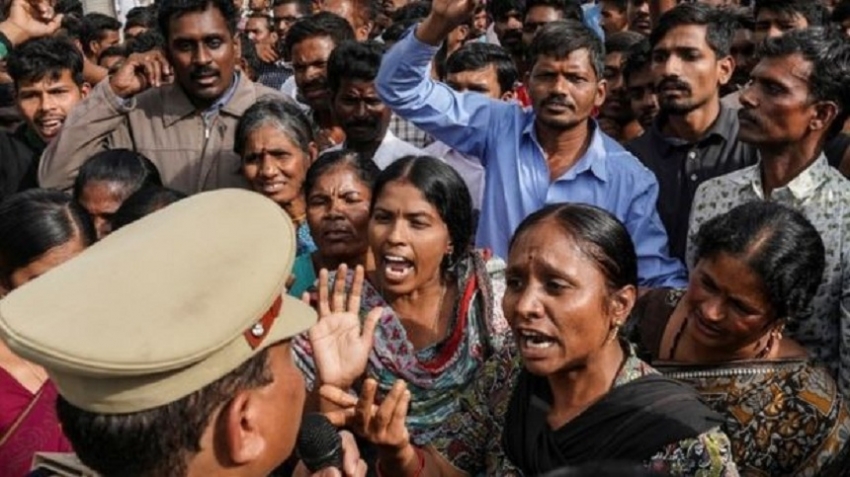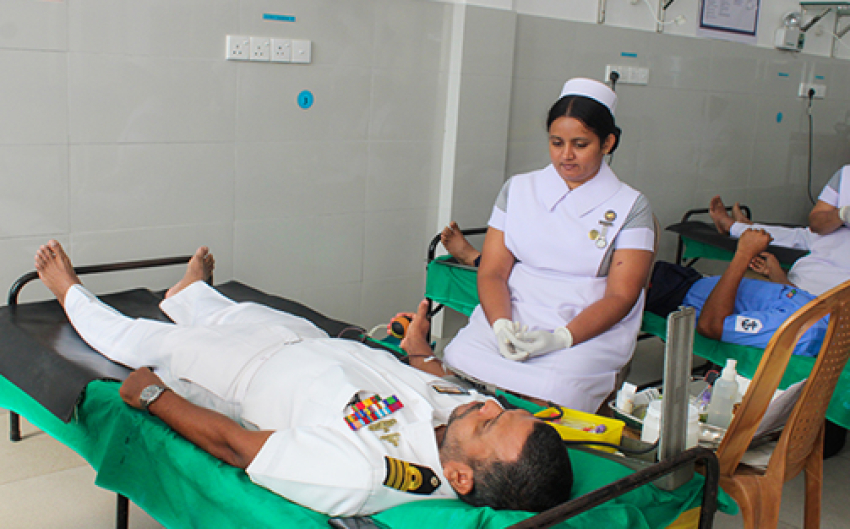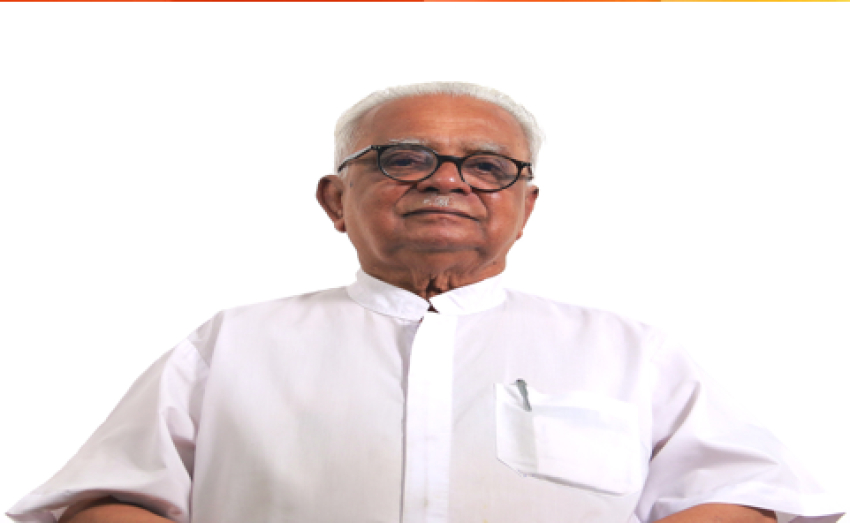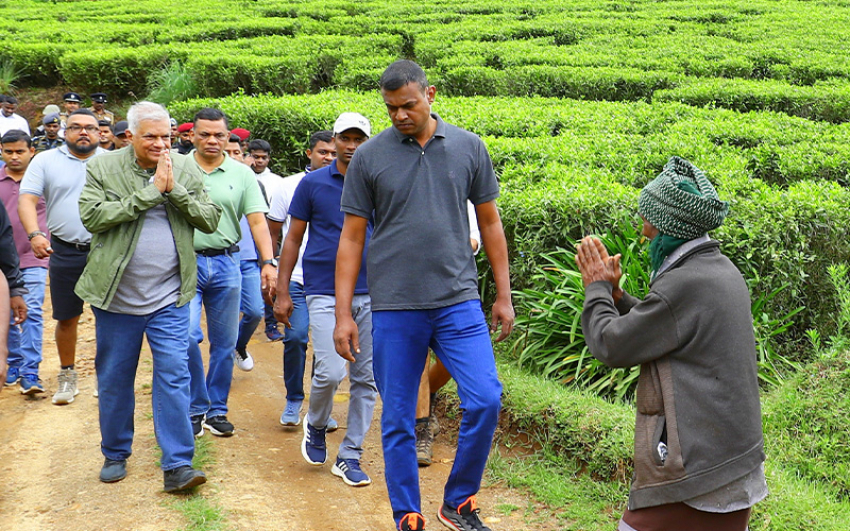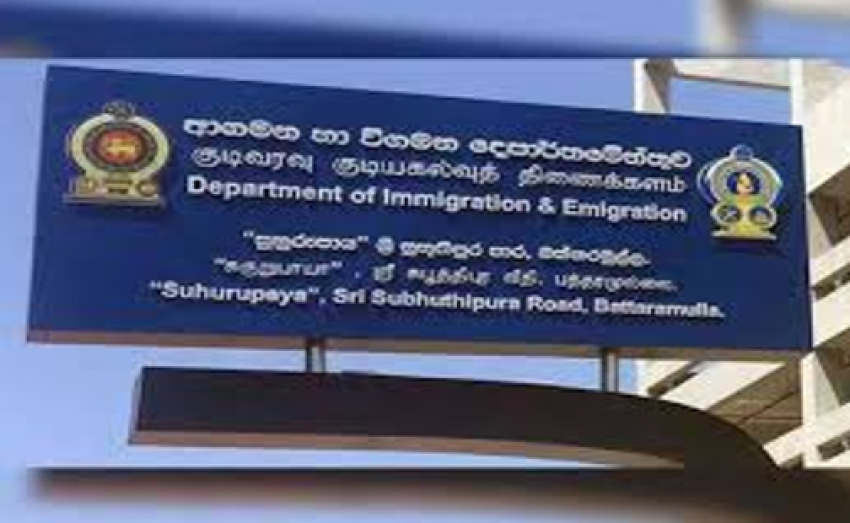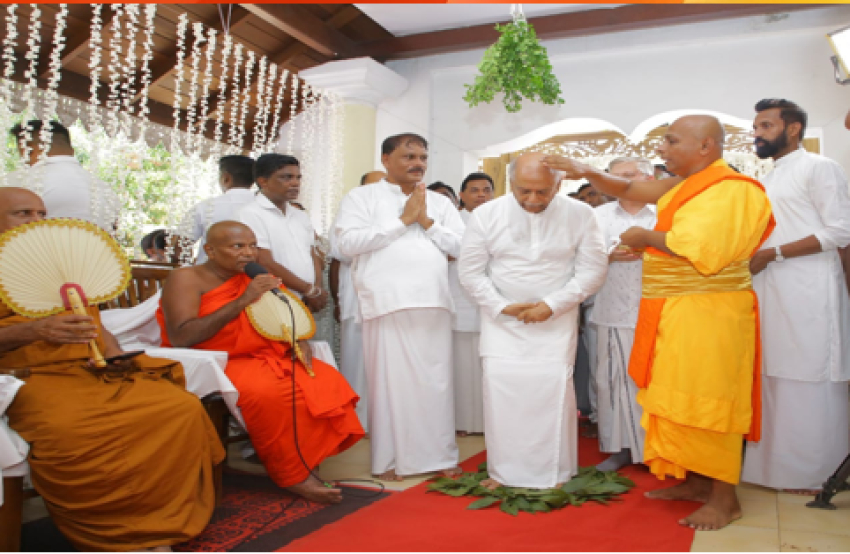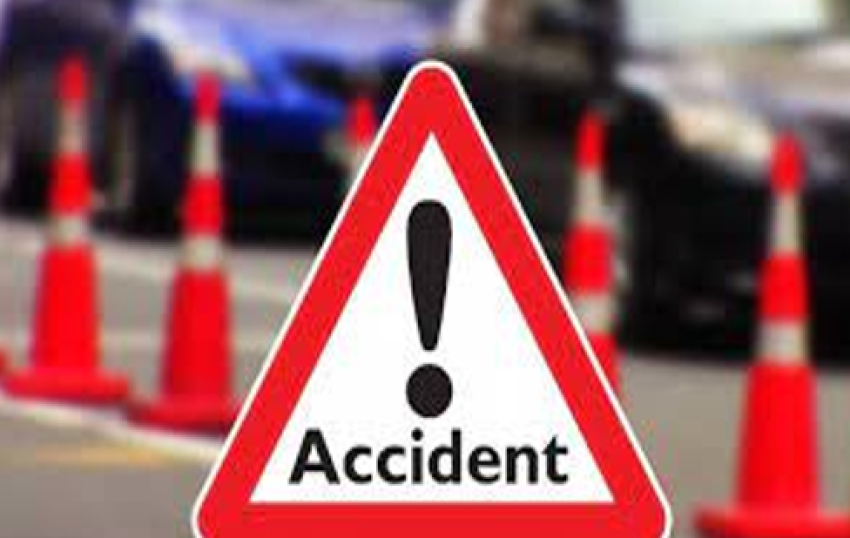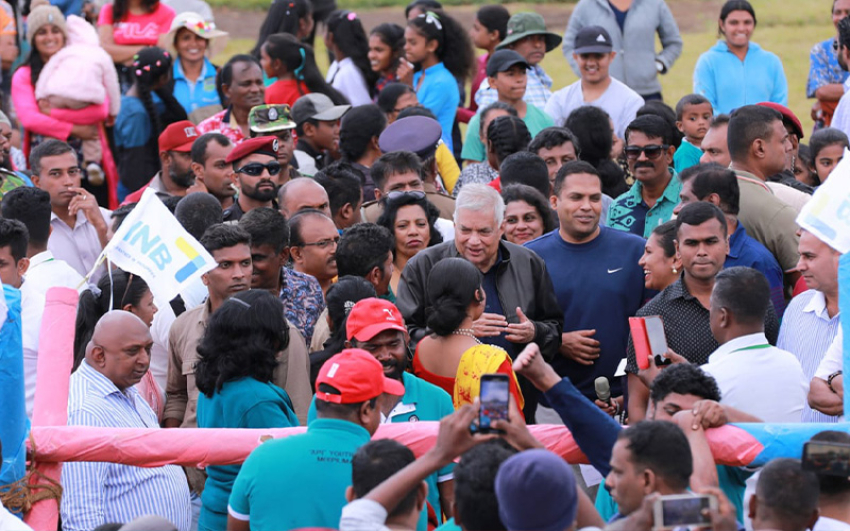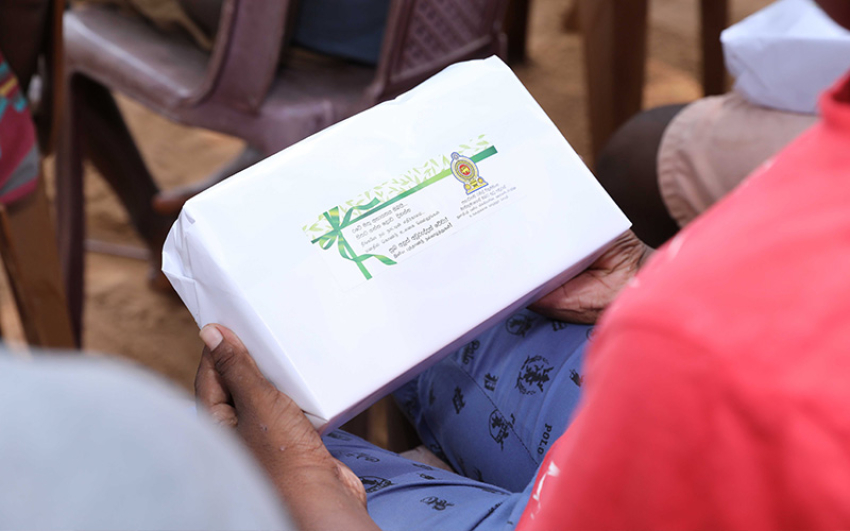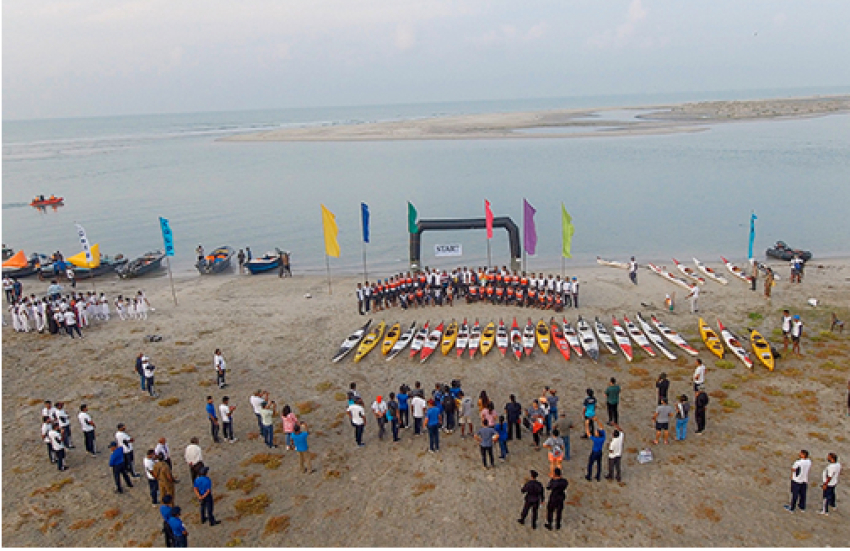Indian police have shot dead four men suspected of raping and killing a young female vet in Hyderabad last week.The men were in police detention and were taken back to the scene of the crime in the early hours of Friday.The suspects were shot when they tried to steal the officers' guns and escape, police told BBC Telugu.However, human rights organisations including Amnesty International have called for investigations to determine if these were extrajudicial killings.
Why Indians are celebrating the killings in Hyderabad "Extrajudicial killings are not a solution to preventing rape," said Avinash Kumar, executive director of Amnesty International India.The 27-year-old rape victim's charred remains were discovered last Thursday - leading to outrage and protests over alleged police inaction.After news of the killings broke, the victim's mother told the BBC, "justice has been done", while neighbours celebrated with firecrackers, and thousands of people took to the streets to hail the police.
How do the police explain the shooting?Ten armed policemen took the four suspects - who were not handcuffed - to the scene of the crime to reconstruct the incident early on Friday, VC Sajjanar, police commissioner of the Hyderabad suburb of Cyberabad, said.The toll plaza where the rape and murder took place is close to the suburb, which houses a number of global tech companies like Microsoft and Google.The police were looking for the victim's phone, power bank and watch which were reported missing, the police commissioner said."The four men got together and started to attack the officers with stones and sticks and also snatched away weapons from two officers and started firing," the commissioner said, in response to questions about why the men had been killed.Thousands protested outside a police station in Hyderabad after the rape case"Although the officers maintained restraint and asked them to surrender, they continued to fire and attack us. This went on for 15 minutes. We retaliated and four accused got killed."Two officers suffered head injuries but these were not caused by bullets, he added. The two police officers were admitted to hospital, he said"Let me tell you this. The law has taken its own course," he added.The police were heavily criticised after the rape and murder of the vet - particularly when the victim's family accused them of inaction for two hours.
How have the victim's family reacted?BBC Telugu's Deepthi Bathini visited the family in their home, where neighbours could be seen celebrating the news by bursting firecrackers and distributing sweets."I can't put it into words. I felt happiness but also grief because my daughter will never come home," the victim's mother said."My daughter's soul is at peace now. Justice has been done. I never thought we would get justice. No other girl should experience what my daughter did."
The victim's sister - who cannot be identified for legal reasons - spoke out after her sibling's death
The mother added that she wanted the law on sexual assault and rape to be stricter."Men should be scared to even stare at women - because they will be punished," she said.The victim's sister said the police action was "very unexpected"."I was expecting court trials and the court to deliver justice. This will not bring my sister back, but it is a great relief. Because of the police action, people will think twice before they do something like this again," she said.What about the wider reaction?
News of the police action has been widely celebrated on social media.Many took to Twitter and Facebook to applaud the police, saying they had "delivered justice".The mother of a student who died after being gang-raped on a bus in capital Delhi in 2012 also hailed the killing."I am extremely happy with this punishment. Police have done a great job," she told ANI news agency.BBC Telugu reporter Satish Balla, reporting from the scene of the killings, said approximately 2,000 people had gathered, causing a huge traffic jam.Vehicles have come to a standstill on the highway, where people are shouting "hail the police".At the scene of the shooting, people earlier showered the police with rose petals and distributed sweets, our reporter adds.Could the police have acted differently?A few have also questioned the police's version of events.Thousands of people gathered at the site of the encounter Prakash Singh, a retired police officer and a key architect of police reforms, told the BBC the killings were "entirely avoidable"."Abundant caution should be taken when people in custody are being taken to the court or the scene of the crime," he said."They should be secured, handcuffed and properly searched before they are taken out. All kinds of things can happen if the police are not careful."But Mr Singh said it was too early to say if the incident was an extrajudicial killing - known popularly in India as an "encounter killing".In the days after the rape and murder, thousands of people had protested at Hyderabad police station, insisting the killers face the death penalty. Jaya Bachchan, a former Bollywood star who is now an MP in India's upper house of parliament, said earlier this week that the accused men should be "lynched"."I know it sounds harsh, but these kind of people should be brought out in public and lynched," she said during a parliamentary debate on the incident.
Several other MPs from across the political spectrum also condemned the brutal gang-rape and murder.Elsewhere in the country, there were other protests and vigils for the victim, who cannot be named under Indian law.How did the vet's murder unfold? The victim left home on her motorbike at about 18:00 local time (12:30 GMT) ten days ago to go to a doctor's appointment. She called family later to say she had a flat tyre, and a lorry driver had offered to help. She said she was waiting near a toll plaza.Efforts to contact her afterwards were unsuccessful, and her body was discovered under a flyover by a milkman on Thursday morning. Last week, three police officers were suspended when the victim's family accused them of not acting quickly enough when the woman was reported missing. Officers had suggested she may have eloped, relatives told the National Commission for Women, a government body. Are women any safer in India today?
Rape and sexual violence against women have been in focus in India since the December 2012 gang-rape and murder of a young woman on a bus in the capital, Delhi.But there has been no sign that crimes against women are abating.According to government figures, police registered 33,658 cases of rape in India in 2017, an average of 92 rapes every day.
Why Indians are celebrating the killings
By Geeta Pandey
Media captionPeople celebrate killing of rape-murder suspects
The killings of four men accused of gang-raping and murdering a young woman last week in Hyderabad have been largely greeted with joy in India.Just hours after the shootings, about 2,000 people gathered at the site to celebrate the police action.They chanted "police zindabad" ("hail the police"), distributed sweets and showered flowers on the spot where the 27-year-old vet's charred body was found last week and where the shooting took place on Friday morning.In her neighbourhood too, a large number of people gathered, setting off celebratory firecrackers and distributing sweets.The celebrations and support for the police are continuing online too.
Hyderabad rape: 'Blame the men - not the safe city'
On Twitter, there are more than 300,000 tweets with various hashtags about the shooting and the crime, with most of the voices supportive of the police action.And there is a reason for that: the meandering pace of the Indian judicial system means it often takes years, even decades, to deliver justice.There are tens of millions of pending cases in courts, including nearly 150,000 cases of rape, and this has eroded the public faith in the criminal justice system.The biggest example of this in recent years is the December 2012 torture, gang-rape and murder of a 23-year-old woman on a bus in Delhi.
Skip Twitter post by @ANI
ANI
✔
@ANI
#WATCH Hyderabad: People celebrate and cheer for police at the encounter site where the four accused were killed in an encounter earlier today. #Telangana
End of Twitter post by @ANI
The brutal crime made global headlines, saw days of protests in Delhi and other parts of India and forced the government to enact tougher new laws, including introduction of the death penalty in rare cases.
But despite all that attention, the wheels of justice have turned slowly for the 23-year-old victim's family.
Seven years later, her mother Asha Devi has alleged that the men, who are on death row, have used every loophole in law to delay their execution.
No surprises then that she was among the first people on Friday to hail the Cyberabad police:
Skip Twitter post 2 by @ANI
ANI
✔
@ANI
Asha Devi, Nirbhaya's mother: I have been running from pillar to post for the last 7 years. I appeal to the justice system of this country and the government, that Nirbhaya's culprits must be hanged to death, at the earliest. https://twitter.com/ANI/status/1202790914852184064 …
View image on Twitter
ANI
✔
@ANI
Asha Devi, Nirbhaya's mother on all four accused in rape&murder of woman veterinarian in Telangana killed in encounter: I am extremely happy with this punishment.Police has done a great job & I demand that no action should be taken against the police personnel.
In the past few years, Asha Devi has become the face of the frustration many Indians say they feel at how the system fails victims of some of the worst crimes.After last week's reports on the Hyderabad rape, many were articulating that same frustration again, raising concern that the rapists would "continue to feast on our taxes" for years while the victim's parents would also run from "pillar to post" for justice.It's this declining faith in the system that has led many in India to demand and support instant justice.It has also fuelled a craze in recent years for popular movies that show "trigger-happy, vigilante cops" brazenly carrying out extrajudicial executions.
So it was not surprising that on Friday morning, hours after the news of the shooting, one of the top Twitter trends in India was #Singham, comparing the Cyberabad policemen to the revenge-seeking police officer-hero of the 2010 Tamil film Singam, made a year later as Singham by Bollywood.However, some people have questioned Friday's shooting, describing it as an execution of suspects without a trial."Trigger-happy policemen with an utter disregard for the law are not the answer we seek," Prof Kalpana Kannabiran, from the Council for Social Development in Hyderabad, told BBC Telugu."The ends of justice are not served by wanton killing and retributive bloodlust. The course of justice is not determined by the grief and grieving of victims' families."Justice lies in supporting them in their moment of grief and pain and insisting on due process that brings suspects and accused to trial through a robust, stringent and competent criminal investigation."Prakash Singh, a former police officer, told the BBC that the killings were "entirely avoidable" and some legal experts described them as "unconstitutional" and asked whether justice really had been done.Some wondered whether the police had arrested the right men and whether they had not just picked up some poor truckers to pacify public anger.One man on local TV said he found it unbelievable that all four men had had to be shot dead because they were trying to snatch the weapons of the police. "All four?" he kept asking.But on Friday, such voices are in a minority.
Why India's rape crisis shows no signs of abating
Soutik Biswas
India correspondent
17 April 2018
Share this with Facebook Share this with Messenger Share this with Twitter Share this with Email Share
Image copyrightREUTERS
The police in India are looking for the rapists of a girl who has no face, name, home or number.
She was possibly between nine and 11 years old, and her mutilated corpse was found in a bush recently near a playground in western Gujarat state's bustling Surat city, known the world over for its diamond polishing industry. Her battered body bore 86 injury marks. The autopsy surgeon believes that the injuries "seem to have been caused over a period ranging from one week to a day prior to the recovery of the body".
The police believe she was held captive, tortured and ravaged. More than 10 days after they found her body, they are clueless about her identity: they have trawled the list of some 8,000 missing children in the state and come up with nothing. "There was no sign of struggle at the spot where the body was found," the local police chief says.
Putting up a struggle seems to be futile when rape is increasingly used as an instrument to assert power and intimidate the powerless in India. This is not surprising, many believe, in a hierarchical, patriarchal and increasingly polarised society, where hate is being used to divide people and harvest votes.
An awful sex ratio imbalance - largely because of illegal sex-selection abortions - means it is a country full of men. The country sees 112 boys born for every 100 girls, which is against the natural sex ratio of 105 boys for every 100 girls. A preference for boys has meant that more than 63 million women are statistically "missing". Many believe such skewed ratios can contribute to increased crimes against women.
Image copyrightREUTERS
The northern state of Haryana, which records the highest number of gang rapes in India, has the worst sex ratio in the country. In January alone, a 50-year-old man was held for mutilating a 10-year-old girl, a 15-year-old boy allegedly raped a three-and-a-half-year-old girl, a 20-year-old married women was raped by two men, a 24-year-old man was held for kidnapping and abducting a student and a minor's girl's brutalised body was found in the fields. And these were only the reported cases.
In Indian-administered Kashmir, a poisonous cocktail of biology and bigotry led to the macabre rape and murder of an eight-year-old Muslim nomadic girl in January. She was kidnapped, kept captive in a Hindu temple, raped repeatedly and dumped in a forest. It was a warning to the minority Muslim nomads in the area to stop grazing their animals on Hindu owned land, in a restive part of the region, which is simmering with religious tensions.
Why did India wake up so late to a child rape and murder?
How life has changed for Delhi rape victim's family
Explaining India's new anti-rape laws
Eight Hindu men have been charged with the Kashmir gang-rape and murder. Their trial began in a fast track court on Monday. Two ministers from the ruling Hindu nationalist BJP who openly attended a rally in support of the accused resigned after the rising outrage forced the party's hand and compelled Prime Minister Narendra Modi to condemn the incident - on Twitter.
In the southern state of Kerala, a bank manager declared on his Facebook wall that it was "good" that the nomad girl was killed, because "she would have come as a [human] bomb against India tomorrow". His employers sacked him.
Mr Modi has tweeted that India's "daughters will get justice". His assurances, many believe, have begun to ring hollow. (Lawmakers belonging to his own party are being accused of rape, and supporting men accused of rape, and action is only taken against them only after widespread condemnation of their behaviour.)
Other politicians haven't done much better. When three men were convicted in 2014 for the gang rape of a journalist, Mulayam Singh Yadav, leader of the regional Samajwadi Party said: "Boys make mistakes. They should not hang for this. We will change the anti-rape laws."
Image copyrightREUTERS
Indian women have to reconcile themselves with the reality: you save yourself - dress up properly, don't go out unescorted or simply stay at home - or remain unsaved.
What is disturbing is what appears to be the rising number of children who are being targeted. India's crime records show that reported rapes of minor children had more than doubled between 2012 and 2016.
More than 40% of the country's female victims were minor children. The uptick could, however, have something to do with increased and better reporting by the police and media, and widening the definition of rape after the horrific 2012 gang-rape and murder of a 23-year-old student in Delhi.
'Legitimising rape'
India is not alone when it comes to high rates of incidence of rape. But many believe patriarchy and a skewed sex ratio may be making matters worse. There is public apathy as well: the rights and security of women never become election issues.
Rape can also be ingrained and justified in cultures. When Goths attacked Rome in 410 AD St Augustine called wartime rape an "ancient and customary evil". An ancient Indian treatise, according to American Indologist Wendy Doniger, "legitimised rape as a form of marriage and gave some degree of legal sanction, retroactively, to women who had been raped".
So has nothing much changed after the 2012 Delhi gang rape sparked global outrage and violent public protests?
It is difficult to say. The good news is that there is higher and better reporting of rape. The bad news is that a shambolic criminal justice system remains vulnerable to political pressures and allows many of the accused to go scot free - only one in four cases of rape in India end in conviction.
Also many Indians - men and women - refuse to believe that sexual violence is a serious problem eating away at India's vitals. And most political parties, including Mr Modi's BJP, don't appear to recognise and treat it as the crippling societal crisis it is.
-

